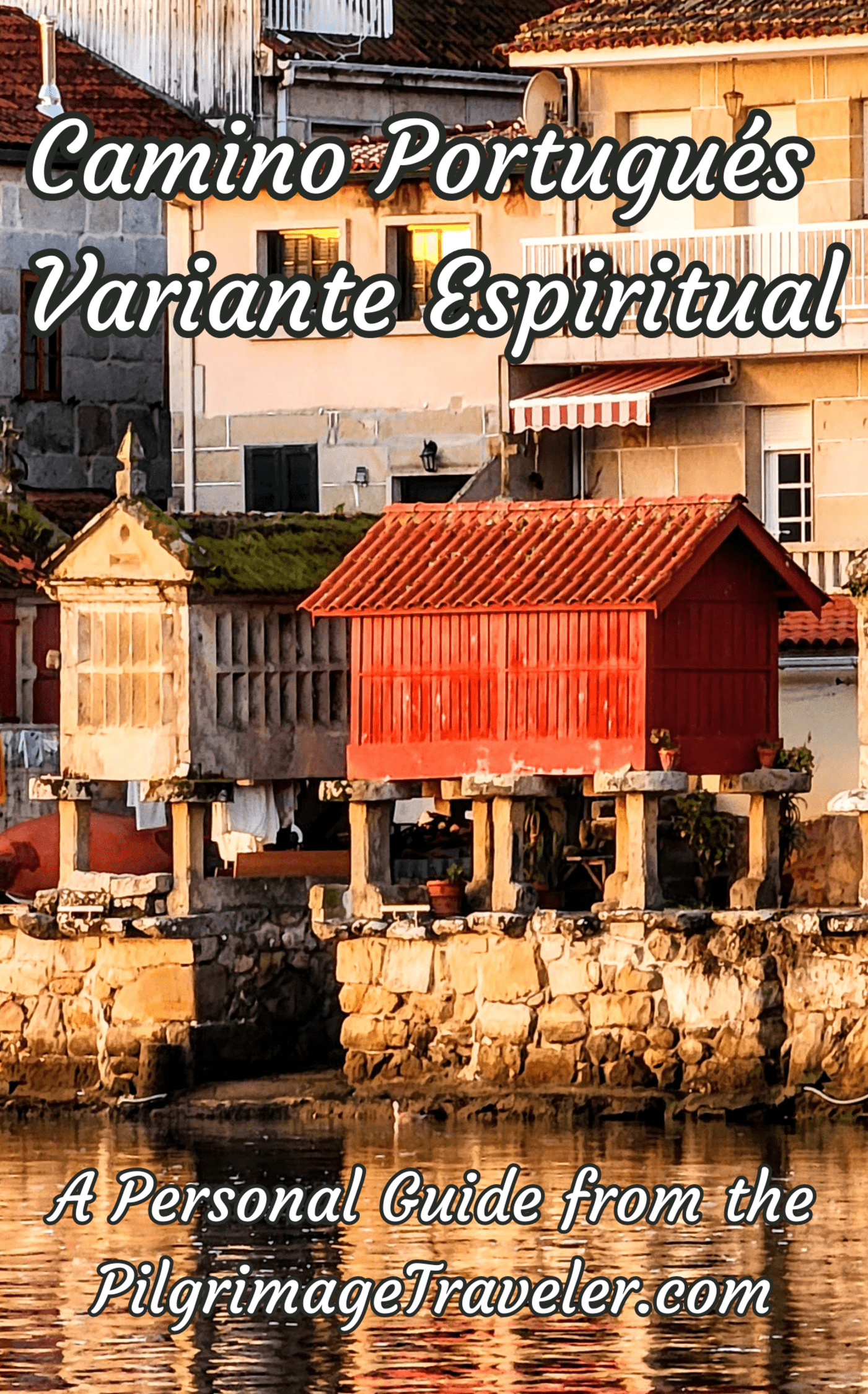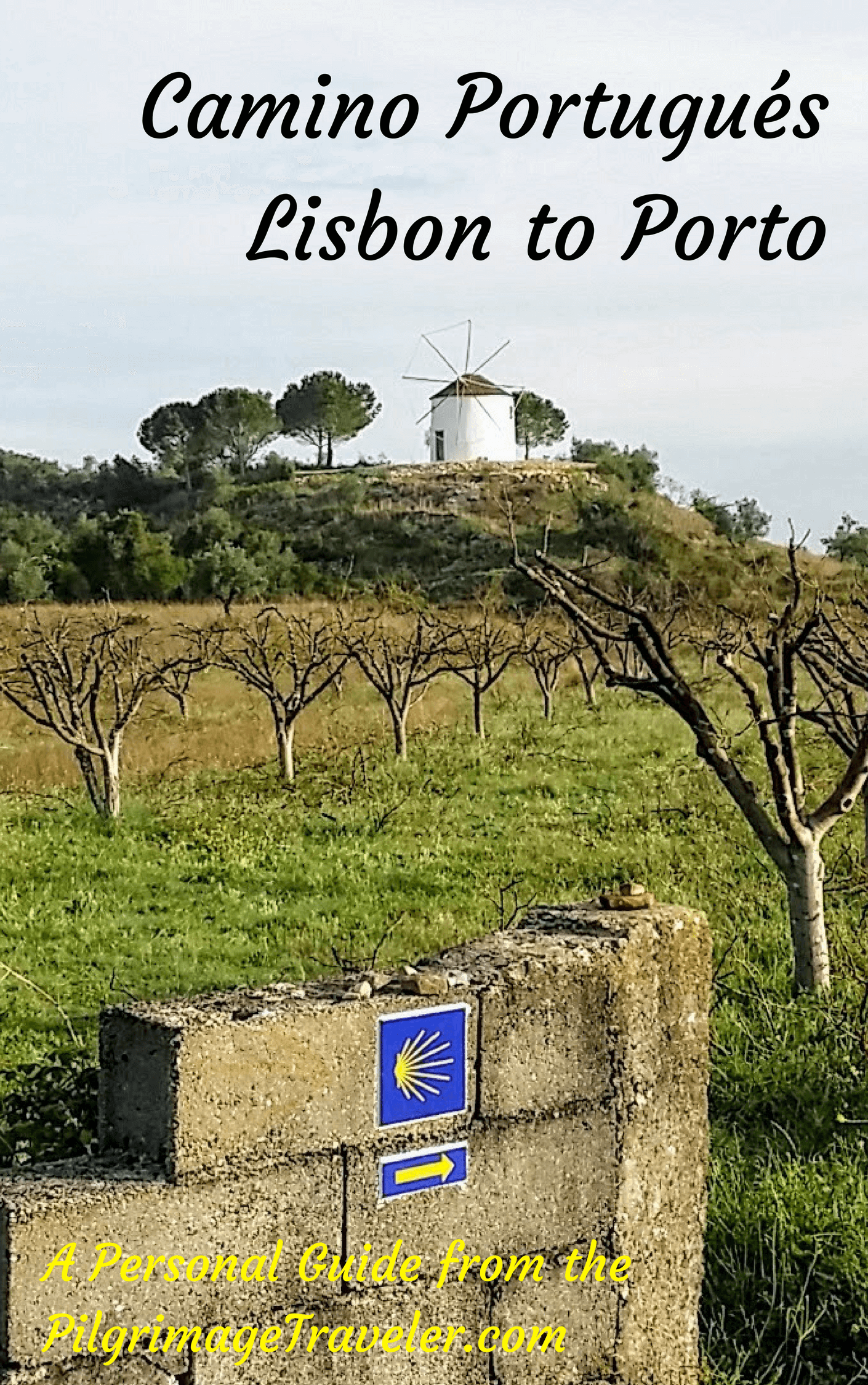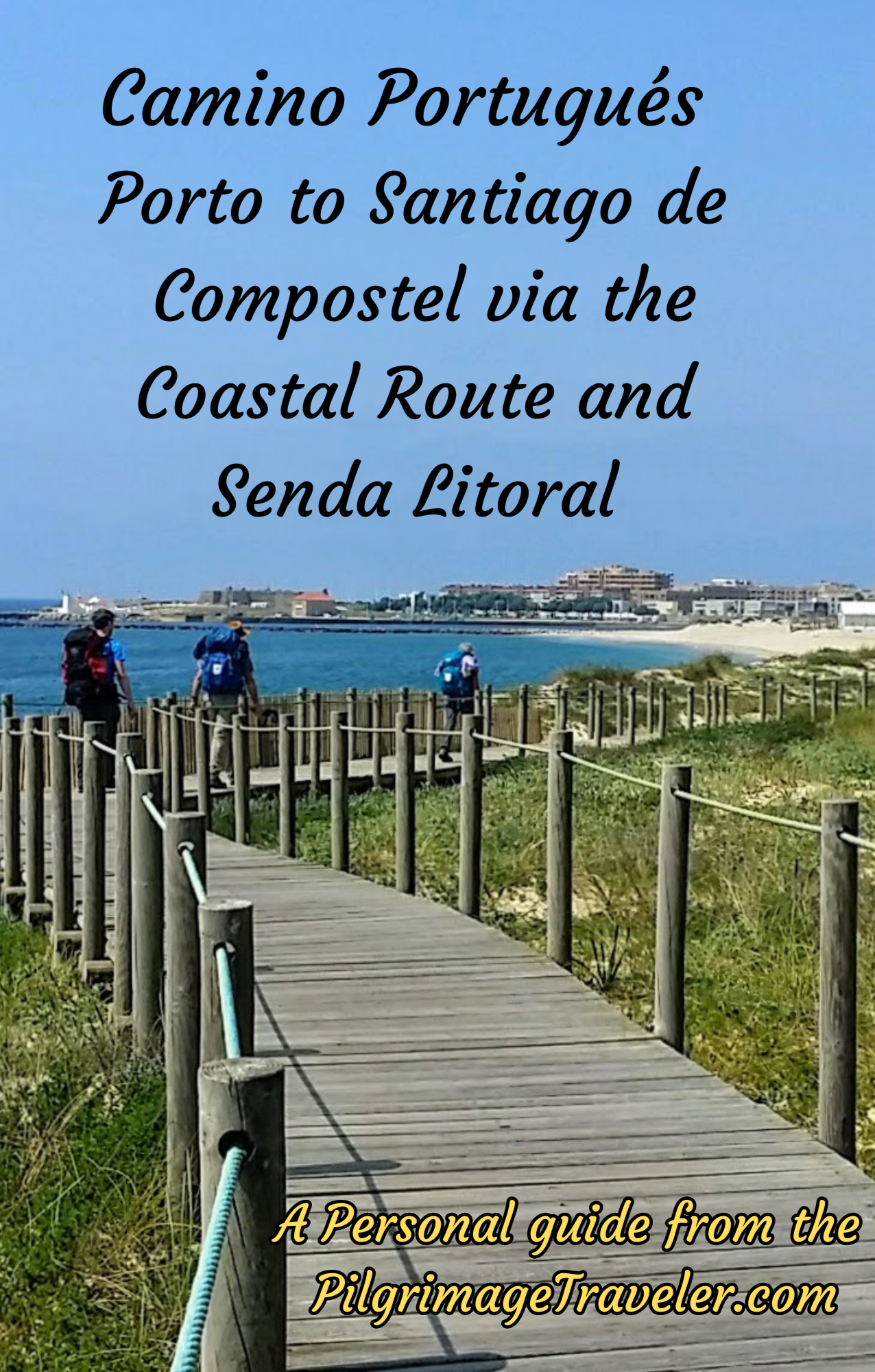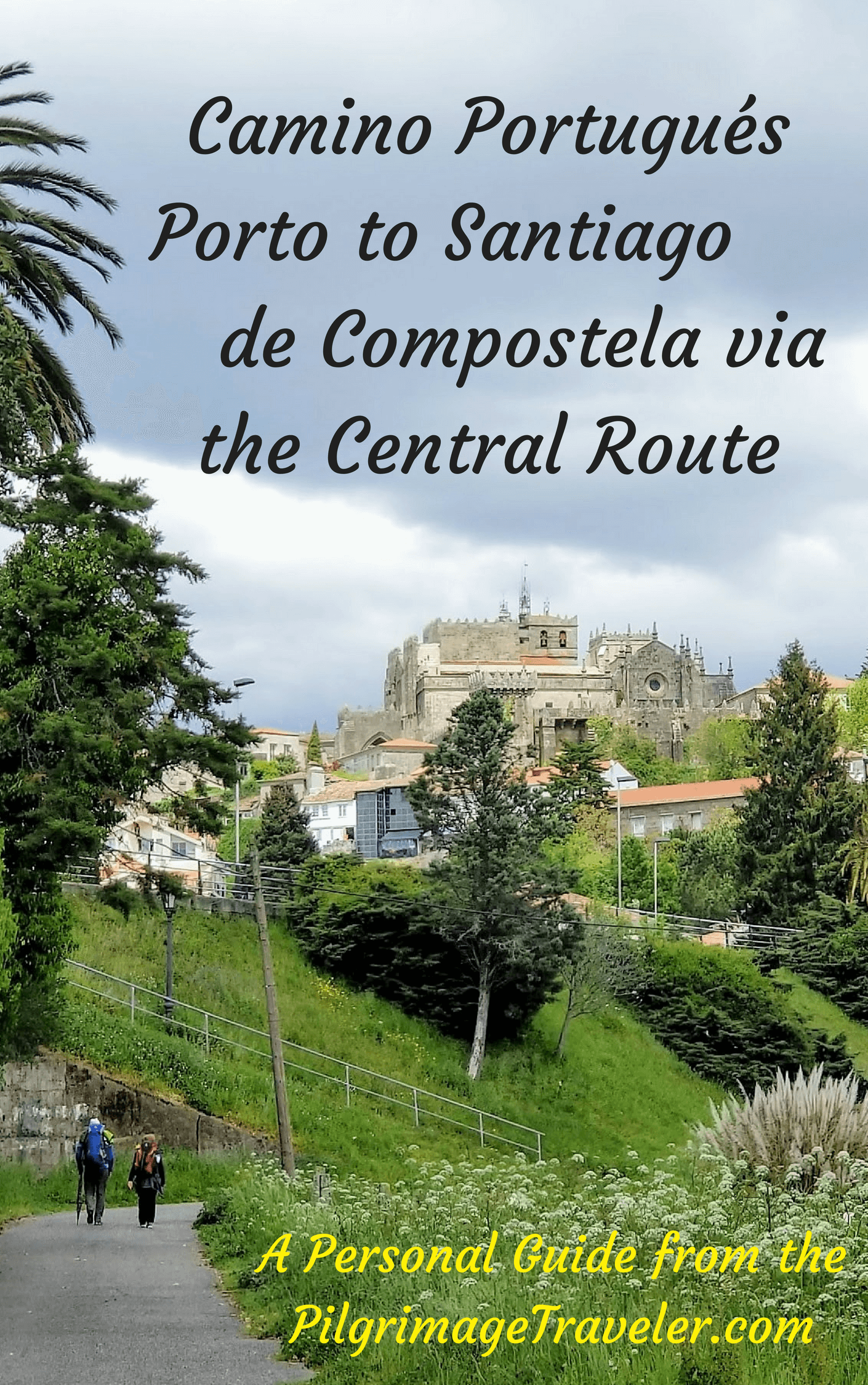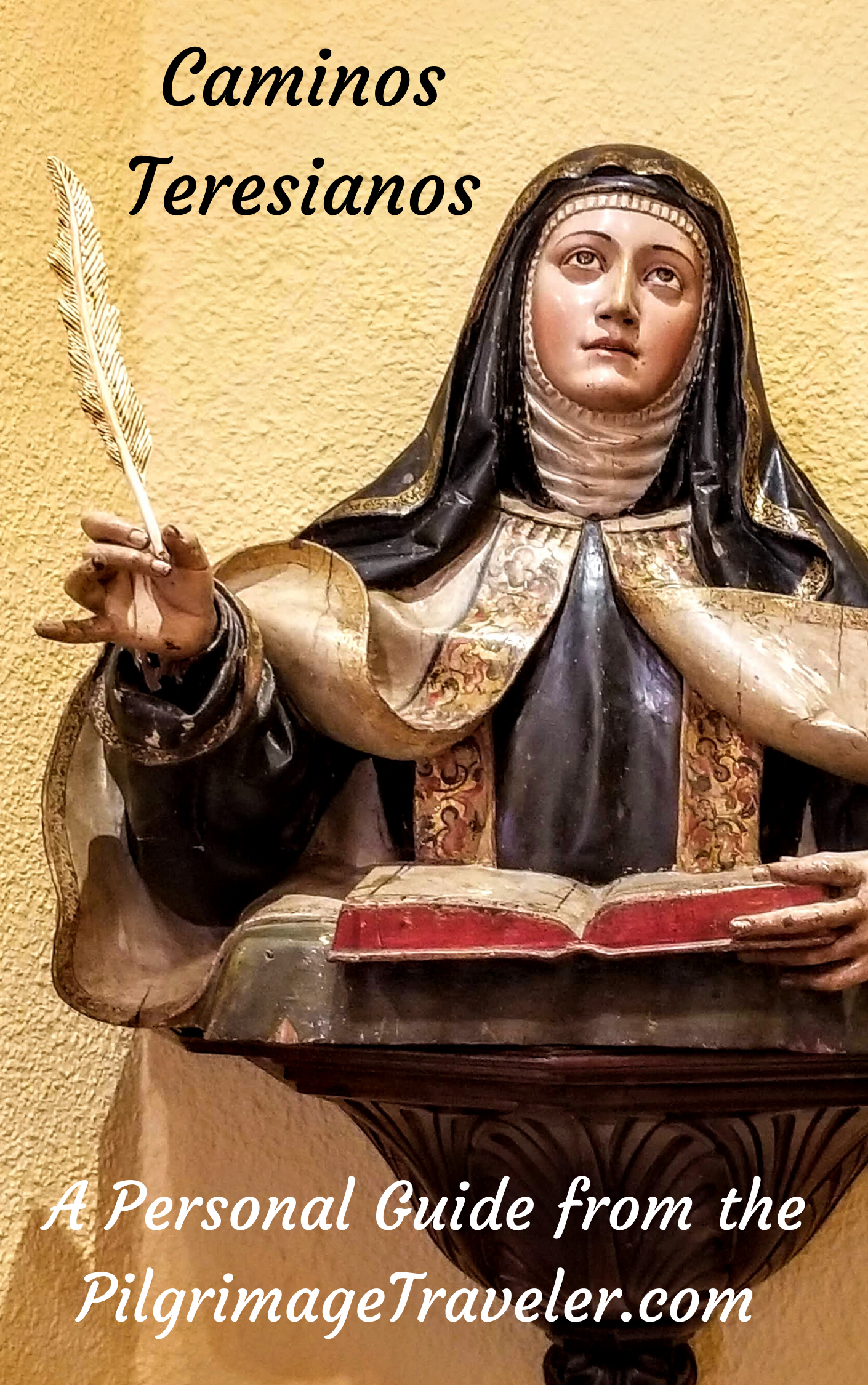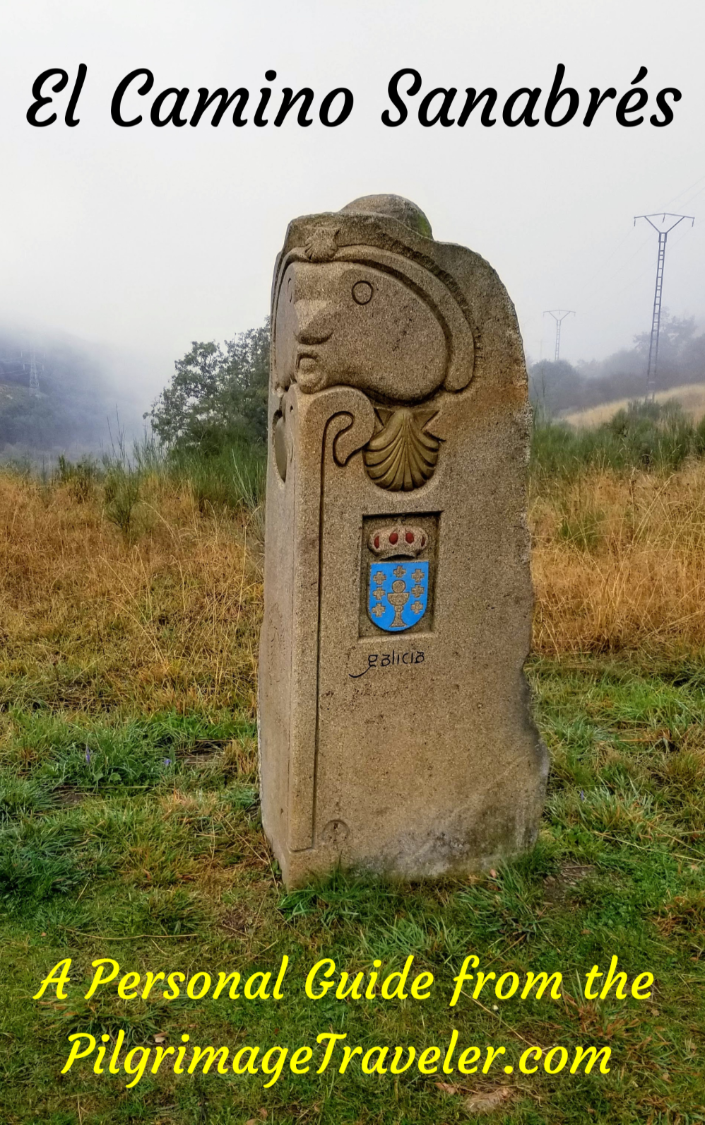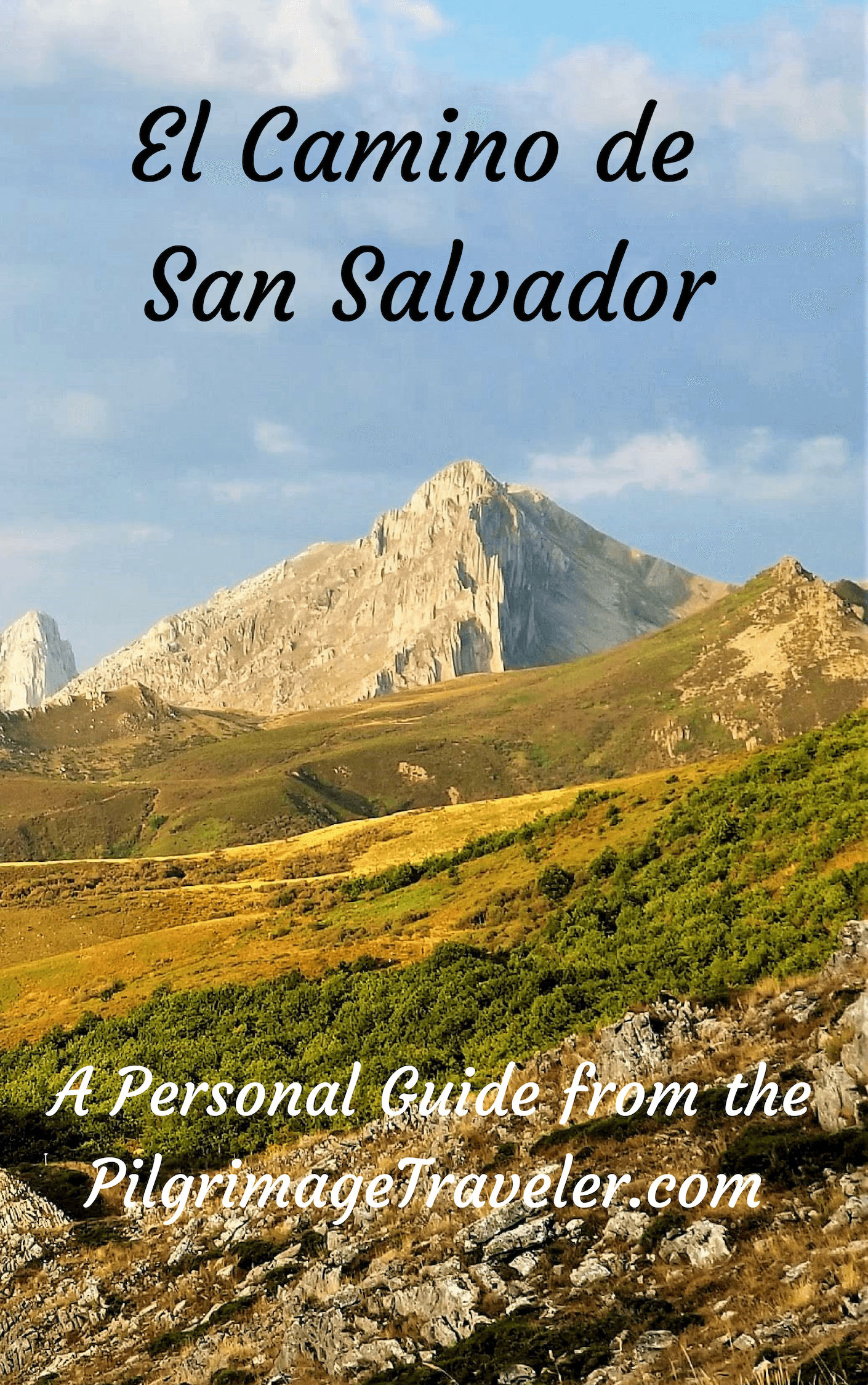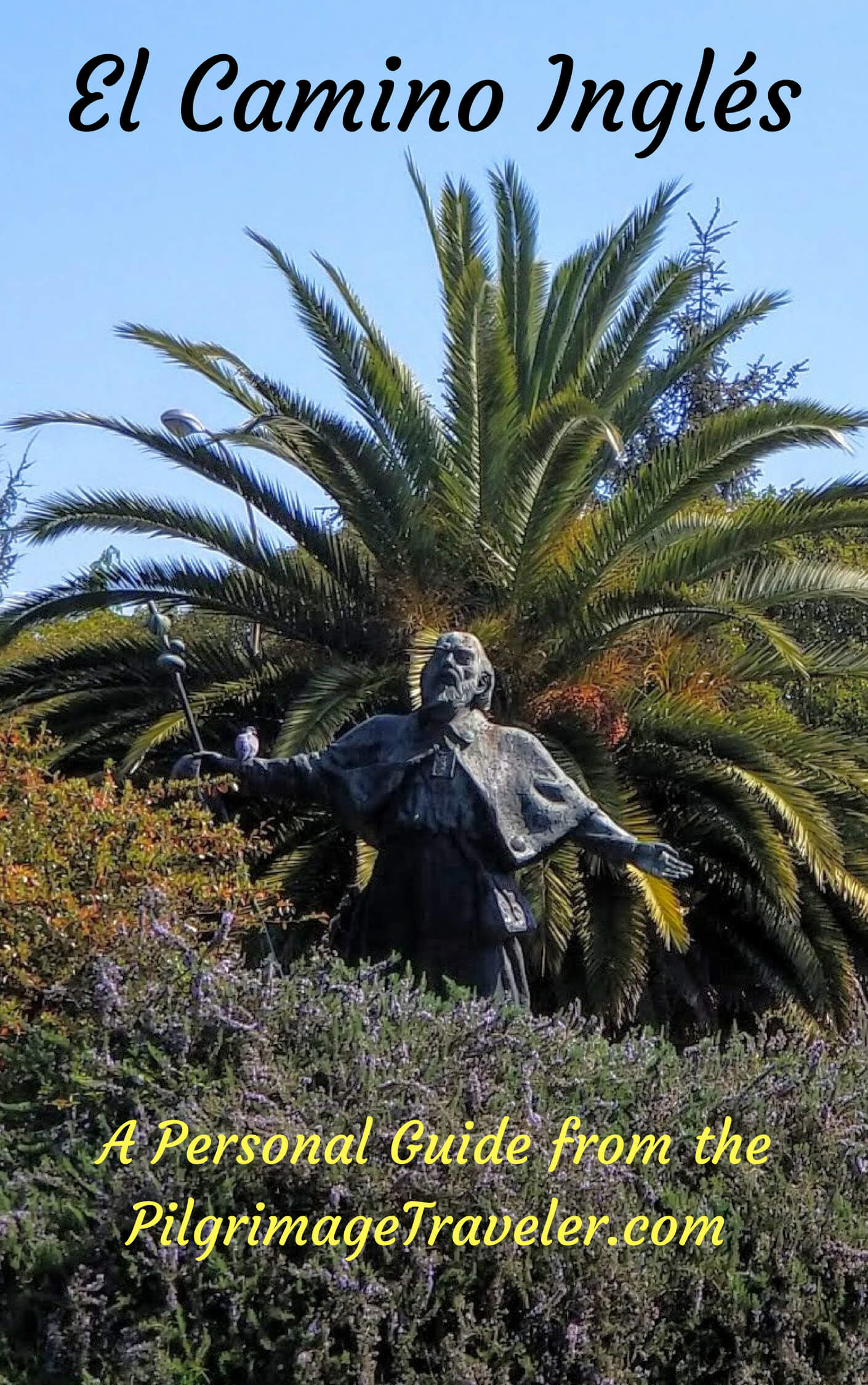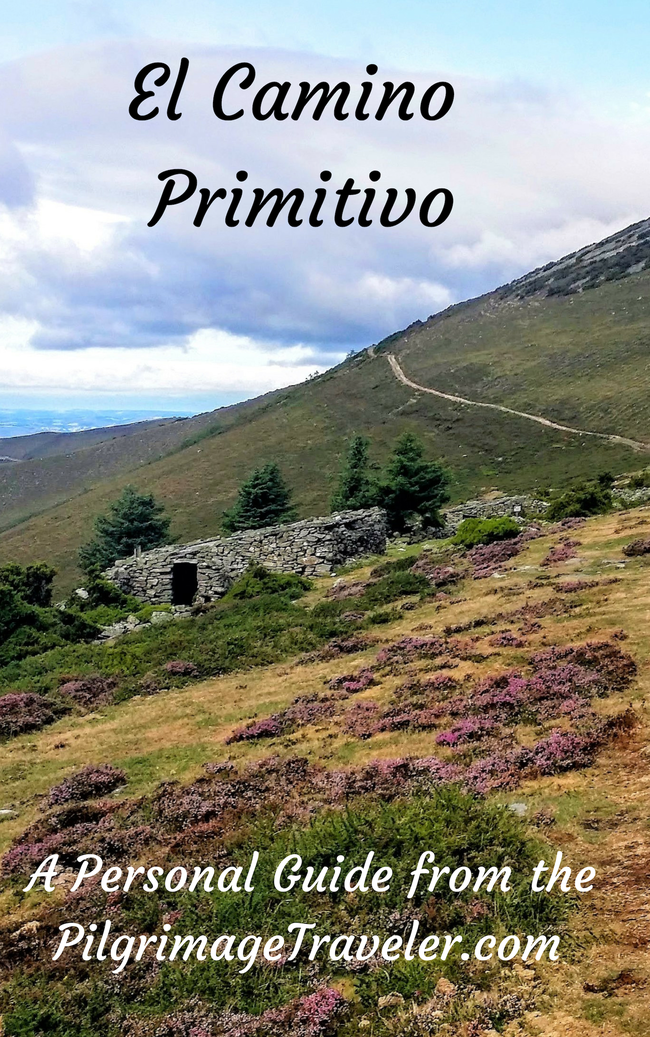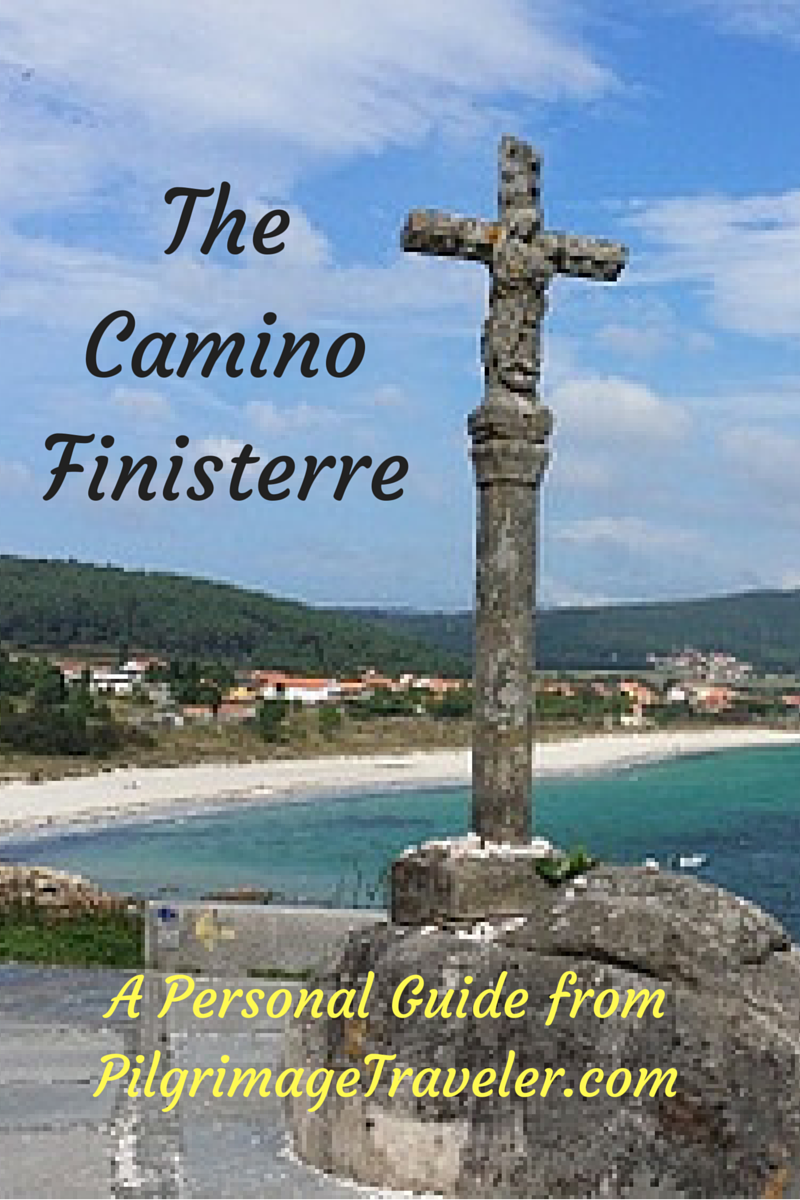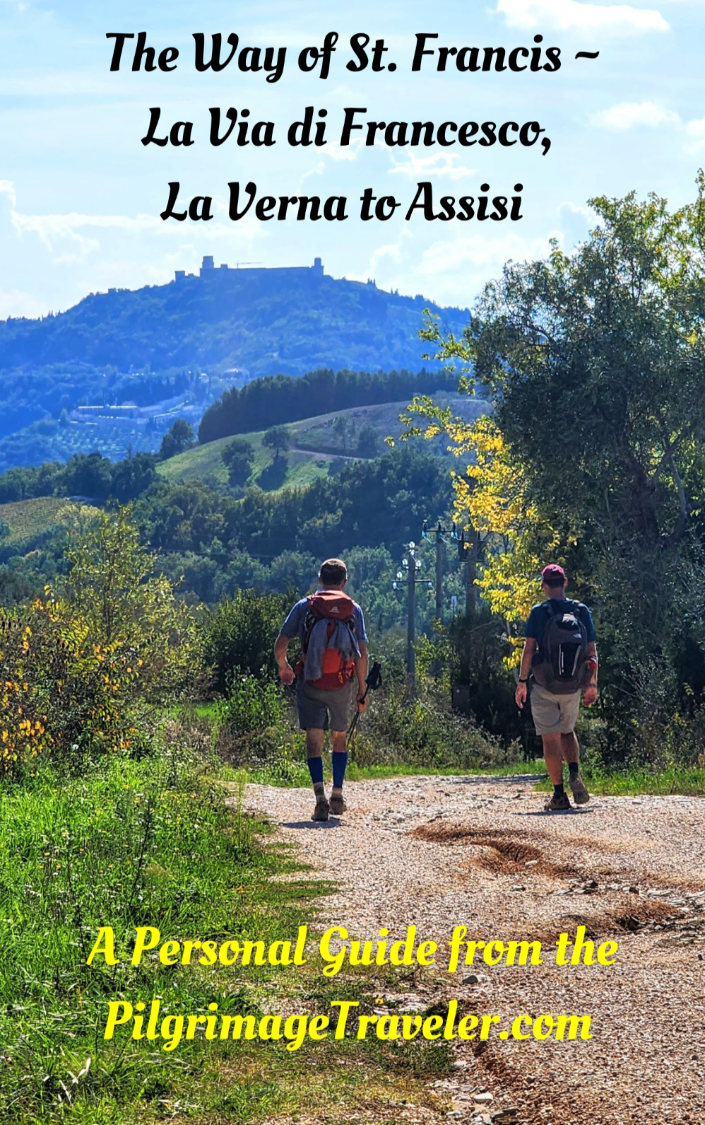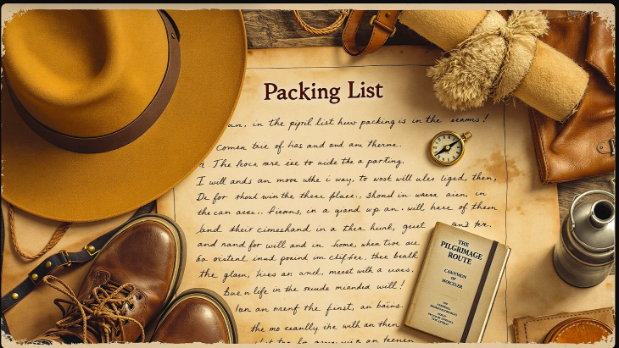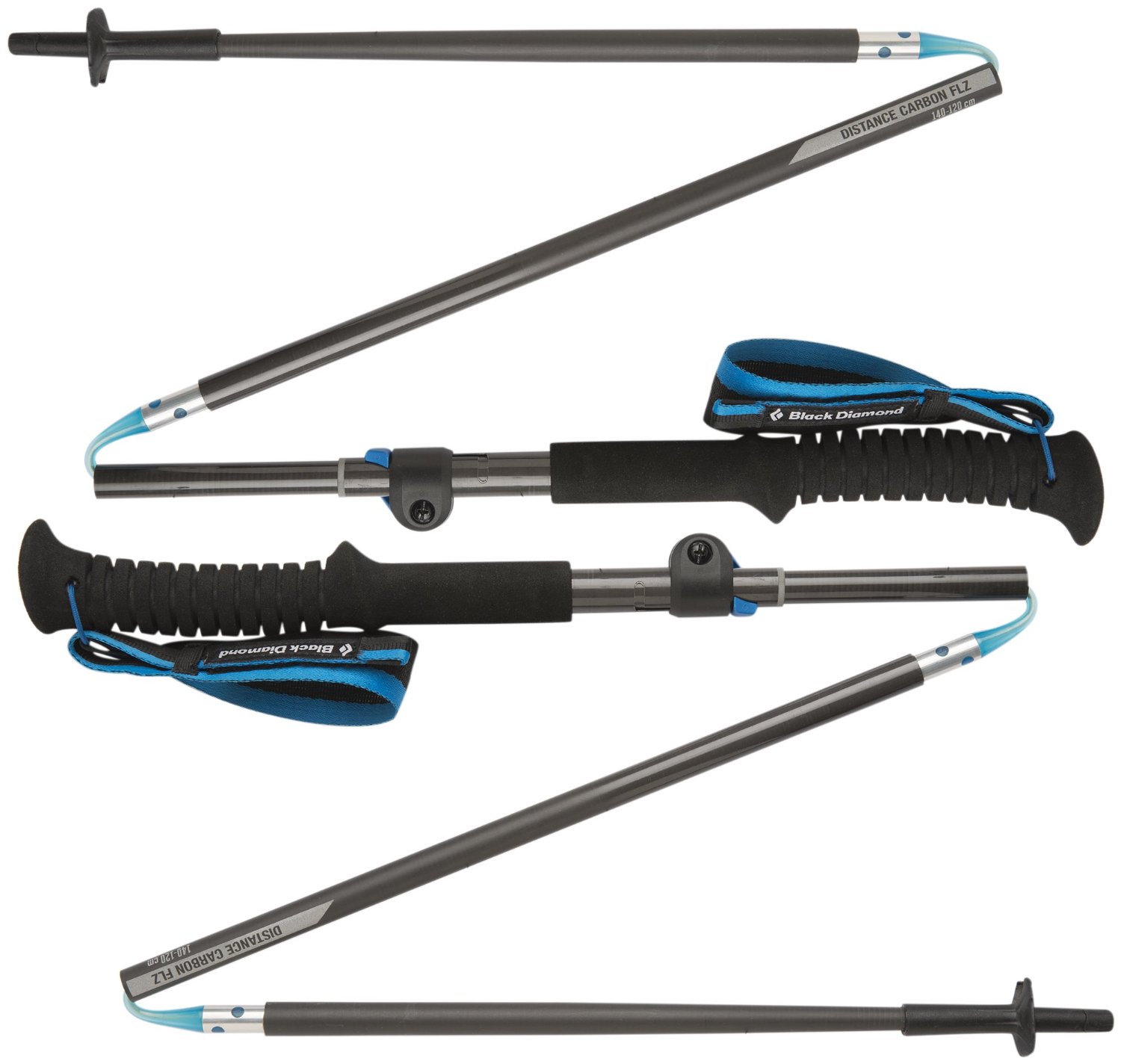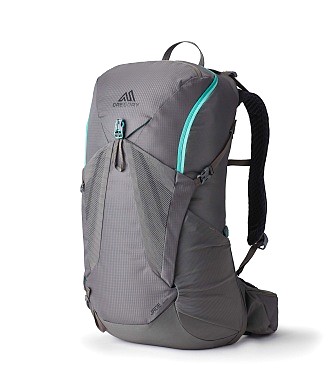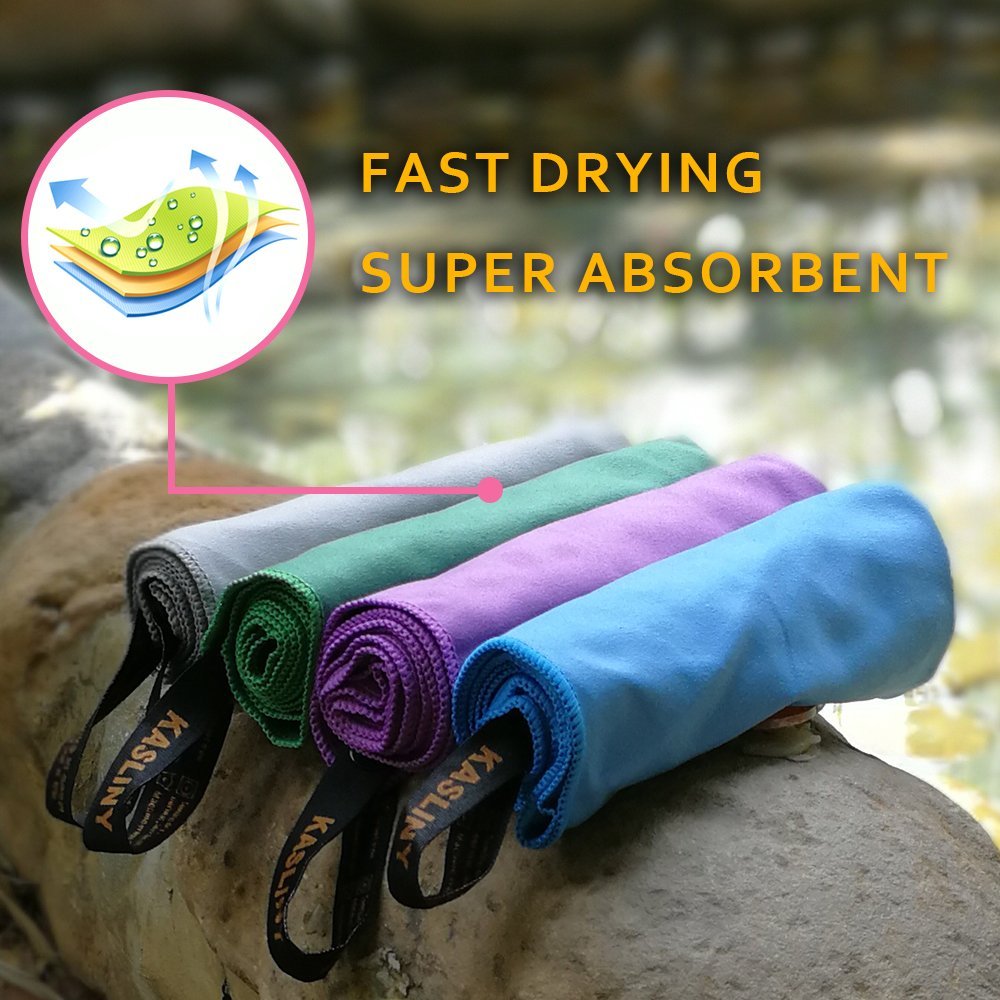Walking from Illness to Health as a Pilgrimage
by Jess
(Queensland, Australia)
Hi - I wanted to share with you that I found your points about one's feelings after a pilgrimage to be very useful - I wrote a few notes of my own around them and that was also a very useful process - I would love to do an extended walking journey, and when searching for information about it, discovered that I had already made a pilgrimage.
I will try to put my notes in here but it might be too much - just wanted to say thanks and your writing was helpful to my thinking things out. Kind regards, Jess
Here it is:
It seems silly to me at the moment to be looking at the journey I walked from illness to health as a pilgrimage but it has been just that! I know this because upon arriving at the destination (which in a pilgrimage is always just the beginning) I am confronted with the feelings of a pilgrim who has walked a long journey.
According to Elle, in her article, What is a Pilgrimage, these are some of the feelings that emerge at the end of a pilgrimage and I have teased them out a little to understand my own journey.
1. Now I must return to real life, real worries and real responsibilities. The adventure has ended and I don't want to return to my life.
The idea of returning to ‘real’ life is not as easy to grasp as a one line statement. Real life now involves the complications of feeling a compromised physicality and although I believe it will heal, the chemotherapy and surgery has effects that linger, the tiredness and the blanks in thinking (which both are definitely getting less), the need to pull the body back into shape with exercise or nutrition.
What is the real life I return to and I ask this question because it was a little surreal before the pilgrimage, and perhaps, that is why we journey? It was surreal because my brother took his own life; it was surreal because the life we were building as a close and extended family fell apart, and my role in it fell apart. Perhaps I couldn’t face the ‘real’ life then and so I turned to the pilgrimage of illness and recovery.
2. Now my life will no longer be simple, carrying only what I really need on my back.
During the treatment life was not simple, yet there were limits to what I could carry on a daily level. I had to set boundaries with people – “I can’t talk now, I need to sleep, sorry, I have an appointment, I can’t cook, I can’t clean, and I can’t drive the car.” And in the setting of these boundaries I shrunk my life to a manageable size; I didn’t carry other people’s worries and I only carried my own very simple needs to get well, to survive, to eat and to dream about a positive future as much as I could.
3. I will miss the concept that the "Camino" will provide. Now I will have to provide for myself.
It is difficult to say that I will miss the concept of cancer and its related treatment – I didn’t focus on it too much as a concept when going through it, so perhaps this is not the concept I will miss. Rather I miss the concept of having a quest, a focus, and a journey in front of me, to be walked and walked well with an eye to a distant point. Now, at that point, 2 years since the treatment and all clear, an arbitrary point set my a medical system and based on statistics, but nonetheless a significant one, I do miss a road that required all of me to be present in order to travel.
4. Now I may have to make real changes in my life, based on what I have learned.
This, I confess, I have no idea how to do. What have I learnt? – that life itself is the goal – that to be able to breathe and go out into the world and see the sky with its myriad shades of blues and pinks and whites is what it is all about. To feel appreciation for each day, for each moment and each breathe. I have learnt to appreciate life for its own sake. How do I apply that sense of appreciation to a world that now seems to be moving so fast that it is hard to jump back on? This is still a work in progress.
5. I won't see my new soul friends anymore.
And I miss them all; the nurse from France who comes from a place an hour south of Paris and has immigrated to Australia; and the tough nurse who melts when I take her chocolates; my wonderful Colombian oncologist whose eyes dance when he smiles but who holds a healing space every day for 300 patients in his heart. The meditation therapist who now is my friend, the pharmacist who measures every dose again and again and comes personally to check it is all good; the faces and smiles are too many to describe and yet not too many for the soul to hold in memory and love.
6. I will never again have the community experience like this.
When my brother died I lost my immediate family because shadows fell over everyone’s life. Then my father got ill and I walked with him through his dying process; visiting hospitals and arranging home care and hospices; and then I got ill and walked this road to recovery.
Through these four years 2012- 2016 I experienced a sense of community I did not even imagine existed - provided by a medical system that I previously had little respect for.
Even the last two years of repeated and seemingly endless testing has provided a sense of support. And now, in the middle of all the hallelujahs about a great outcome, the words are whispered ‘See you in 9 months – but really – don’t come back.’ Said with love, and somewhat dismissively to someone starting a new journey, I have again lost my community. And my beautiful husband who nursed me daily has now returned to work and his own life, as it should be, but I miss him by the hour.
7. I experienced no great enlightenment or healing of any nature, for various reasons. I didn't have enough time.
I am not sure this point refers to me and yet, on deeper reflection, it was a little like entering through one door and within a short period of time exiting through another. Not that anyone would want to linger in the haze, the drugged reality, the pain or the wastage of time, but sometimes the question ‘What was that?’
It is really up to me now to claim any enlightenment and healing I earned or was given from the pilgrimage from illness to healing.
8. People won't be as authentic, open, nor as helpful as they are on pilgrimage.
How can they be? Already people who dropped in to see how I was doing do not ring. Already people are less inclined to share their deeper fears about life and death, already the door has closed to consideration and treating me gently; and I smart when I feel taken for granted by those who prayed so hard for my recovery. And this is the way it should be and needs to be – we all need to go back to life and work and our individual callings. I have learnt however that I want to be authentic and open and helpful, and this is a wonderful gift.
9. I'll forget what I learned when the spiritual high goes away.
In the midst of miracles and synchronicities and there were so many every day, there is a spiritual high, beaten down by the numbness of chemotherapy but yet it is easy to forget that life can be miraculous on a daily basis no matter what the journey entails.
10. I now have to create time for reflection - not easy in a stressful life.
Yes. When the urgency of healing and keeping calm for treatment and surgery passes, the long hours of meditation pass with it. When life and death were vying for place of power and my job was to watch from the ringside seat with serenity, it was easy to make time for reflection, meditation, listening to healers and guides, reading, talking to others about deeper issues or even just playing a game or making time for Art. It does now require a conscious effort to set aside time for these life-giving activities.
And Elle’s suggestions for life after pilgrimage:
• Living simply
• Building community
• Living more (w)holy and openly, willing to receive Guidance along your way, anytime, anywhere.
• Creating a daily practice to keep this open heart alive.
• Commit to noticing the physical presence of the effort and effect on the body, with everything you do and learn the difference between tension and relaxation in your body.
• Start planning your next pilgrimage! (said with tongue in cheek, but oh-so-true!)
All these I can aspire to do – and especially I can do the last one with ease because I know the ingredients to search for as I plan – appreciation of every step of the way, an open heart, less to carry, travel with friends, even if they are people I meet on the way and leave when the journey ends.
Comments for Walking from Illness to Health as a Pilgrimage
|
||
|
||
Please Consider Showing Your Support
Many readers contact me, Elle, to thank me for all the time and care that I have spent creating this informative website. If you have been truly blessed by my efforts, have not purchased an eBook, yet wish to contribute, I am exeedingly grateful. Thank you!
Search This Website:
🙋♀️ Why Trust Us at the Pilgrimage Traveler?
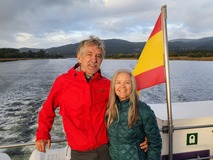
We’re not a travel agency ~ we’re fellow pilgrims! (See About Us)
We've trekked Pilgrimage Routes Across Europe since 2014!
💬 We’ve:
- Gotten lost so you don’t have to. 😉
- Followed waymarks in the glowing sunlight, the pouring rain and by moonlight. ☀️🌧️🌙
- Slept in albergues, hostels & casa rurals. Ate and drank in cafés along the way. 🛌 😴
- Created comprehensive and downloadable GPS maps and eBook Guides, full of must-have information based on real pilgrimage travels. 🧭 🗺️
- Shared our complete journeys, step by step to help YOU plan your ultimate pilgrimage and walk with your own Heart and Soul. 💙✨
Every detail is from our own experiences. Just fellow pilgrims sharing the Way. We have added a touch of spirituality, heartfelt insights and practical guidance from the road ~ offering a genuine connection to the spirit of pilgrimage. Tap into the wisdom of seasoned pilgrims!
Ultreia and Safe Pilgrimage Travels, Caminante! 💫 💚 🤍
Follow Me on Pinterest:
Find the Pilgrimage Traveler on Facebook:
Like / Share this page on Facebook:
***All Banners, Amazon, Roamless and Booking.com links on this website are affiliate links. As an Amazon associate and a Booking.com associate, the Pilgrimage Traveler website will earn from qualifying purchases when you click on these links, at no cost to you. We sincerely thank you as this is a pilgrim-supported website***
PS: Our eBook Guide books are of our own creation and we appreciate your purchase of those too!!
Shroud Yourself in Mystery, along the Via de Francesco!
Walk in the Footsteps of St. Francis, and Connect Deeply with the Saint and to Nature in the Marvelous Italian Countryside!
Need suggestions on what to pack for your next pilgrimage? Click Here or on the photo below!
Find the Best Hotel Deals Using This Tool!
Carbon Trekking Poles ~ My Favorites!
Carbon fiber construction (not aluminum) in a trekking pole makes them ultra lightweight. We like the Z-Pole style from Black Diamond so we can hide our poles in our pack from potential thieves before getting to our albergue! There are many to choose from! (See more of our gear recommendations! )
Gregory BackPack ~ My Favorite Brand
Do not forget your quick-dry microfiber towel!
